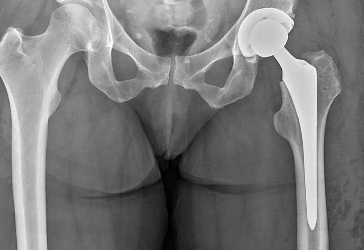In the realm of healthcare, the use of medical abbreviations serves as a fundamental tool in facilitating efficient communication among healthcare professionals. These abbreviations streamline the documentation process, saving time and enhancing clarity in medical records.
Understanding and utilizing medical abbreviations appropriately are essential skills for healthcare providers, ensuring accurate and concise communication in a fast-paced environment. From diagnostic codes to medication instructions, medical abbreviations encompass a wide array of terms and phrases that are indispensable in the medical field.
This concise shorthand language allows for the transmission of information quickly and effectively, ultimately contributing to the delivery of optimal patient care.
Common Diagnostic Abbreviations
The diagnostic abbreviations commonly used in medicine provide a succinct way to communicate vital information among healthcare professionals.
From laboratory test abbreviations like CBC (Complete Blood Count) to radiology imaging abbreviations such as MRI (Magnetic Resonance Imaging), these acronyms streamline communication and documentation in the fast-paced healthcare environment.
Understanding these abbreviations is crucial for accurate patient care and effective collaboration among medical teams.
Abbreviations for Medical Conditions
Abbreviations for medical conditions play a crucial role in efficient communication and accurate documentation within the healthcare industry. Emergency room abbreviations, such as MI for myocardial infarction and CVA for cerebrovascular accident, help medical professionals quickly convey critical information during emergencies.
Additionally, abbreviations for medical specialties like ENT for ear, nose, and throat, enable concise and precise communication between healthcare providers specializing in different areas of medicine.
Read more: Wyze Subscription
Prescription and Medication Abbreviations
Within medical practice, prescribers commonly use abbreviations to succinctly communicate dosage instructions and medication details. These abbreviations help streamline the prescribing process but can pose risks if misunderstood.
Understanding medication dosage is crucial to avoid errors that could lead to adverse effects or drug interactions. Patients should always consult their healthcare provider if they have any doubts or concerns about their medication regimen.
Abbreviations for Medical Procedures
Continuing with prescribing safety in mind, precise abbreviations for medical procedures are essential for effective communication among healthcare professionals. When documenting surgical techniques, accurate abbreviations ensure clarity and prevent errors.
Likewise, in anesthesia administration, using standardized abbreviations enhances patient safety and minimizes confusion during procedures.
Consistent and correct abbreviations play a crucial role in promoting efficiency and accuracy in medical settings, benefiting both patients and healthcare providers.
Conclusion
In summary, understanding medical abbreviations is crucial in the healthcare field. Whether it be for diagnostic purposes, medical conditions, prescriptions, or procedures, these abbreviations play a vital role in communication among healthcare professionals.
Mastery of these abbreviations can lead to more efficient and accurate patient care. Remember, precision in abbreviations prevents potential complications. Mastering medical abbreviations is like mastering a musical melody, harmonizing healthcare harmony.





